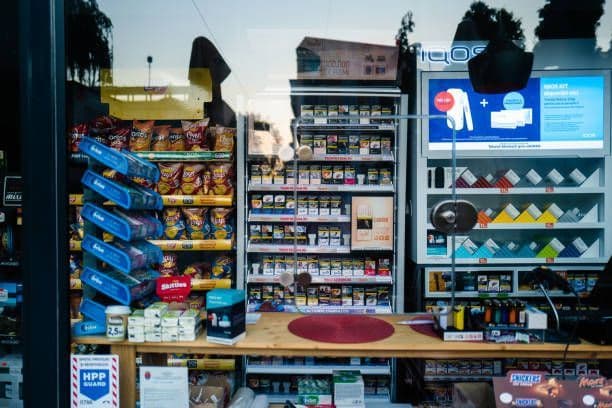
Tobacco License Requirements: What Us Retailers Need to Know
To maintain public health protection and adherence to federal and state laws, the sale of tobacco products is strictly regulated in the United States. Understanding the prerequisites for an NYC tobacco license is essential if you are a store wanting to sell tobacco goods to conduct business ethically and lawfully. This article will offer a thorough overview of the prerequisites for US shops to be aware of when applying for an NYC tobacco license.

Recognize Federal Regulations
Understanding federal regulations is the first step in obtaining a tobacco license. U.S. federal law is enforced by the Food and Drug Administration (FDA), which controls the marketing and distribution of tobacco products. Both the FD&C Act and the Family Smoking Prevention and Tobacco Control Act (Tobacco Control Act) place legal obligations on retailers. Age limitations, labeling specifications, advertising restrictions, and other regulations are covered by these laws.
Examine State and Local Requirements
Every state and local authority has its own set of rules for acquiring a cigarette license in addition to federal restrictions. The specific regulations in your state and locality should be researched because they can include zoning limitations, application forms, background checks, and licensing costs. To get comprehensive information about the application procedure. Contact the tax office or licensing board in your state for more information.
Verify Eligibility
Before applying for a tobacco license, make sure your company is permitted to offer tobacco products. Most states have requirements that merchants must follow, including holding a current business license, abiding by local zoning regulations, and not owing any back taxes. Additionally, some jurisdictions could demand that shops have a particular kind of corporate entity, like a corporation or limited liability company (LLC).
Complete the Application
After compiling all the required data and records, it's time to finish the tobacco license application. In most cases, the application will require you to include the company's legal name, physical address, ownership structure, and contact information. Be ready to present proof of compliance with local zoning laws as well as supporting documentation like a copy of your business license, your federal employer identification number (EIN), and other paperwork.
Submit the Application and Pay the Fees
Once the application is complete, deliver it to the appropriate authority along with any associated payments. The licensing organization will check your application to make sure it is accurate and conforms to all applicable laws. Pay special attention to any submission restrictions and deadlines. You should make copies of every document you submit for your records.
Submit to Inspections and Background Checks
As part of the licensing process, retailers may be asked to submit to inspections and background checks. Inspections guarantee that the location of your business complies with health and safety regulations, and background checks confirm the honesty of the people engaged in the sale of tobacco products. Participate fully in any information requests or inspections made throughout this process.
Obtain All Necessary licenses and certificates
You may additionally be required by your state to acquire additional certifications and licenses. In addition to the get a tobacco license. For instance, some states demand that shops get a cigarette sales certificate or a sales tax license. Contact your state's Department of Revenue or licensing authorities to find out whether any further licenses or certifications are necessary.
Provide Employee Training on Compliance
After obtaining a tobacco license, it is essential to provide employee training on compliance. Inform them about age verification methods, guidelines for storing and displaying tobacco goods, and limitations on promotions and advertising. To guarantee continuous compliance, regularly evaluate and update your training materials.
Comply with continuous Reporting and Record-Keeping duties
Retailers must follow continuous reporting and record-keeping duties after acquiring a tobacco license. This would entail keeping precise sales records, confirming consumers' ages, and sending regular reports to the licensing body. Fines may be imposed for infractions of the law and regulations. Penalties can be alleged and your license can be revoked too.
Remain informed and flexible
Both federal and state laws governing tobacco use are subject to change. Retailers must be aware of any updates or modifications to the rules and laws governing the sale of tobacco products. To find out more about your local government, check their websites. Check the FDA frequently for any updates to the rules and regulations.
Conclusion
In conclusion, if merchants want to sell tobacco products in the US, they must first get a tobacco license. Retailers may operate lawfully and responsibly while safeguarding the public's health by being aware of and adhering to all applicable federal, state, and municipal regulations. To ensure continued compliance with reporting and record-keeping duties, thoroughly research the specific regulations in your jurisdiction. Retailers may help to create a safer and healthier neighborhood by navigating the complicated world of tobacco licensing.
Appreciate the creator